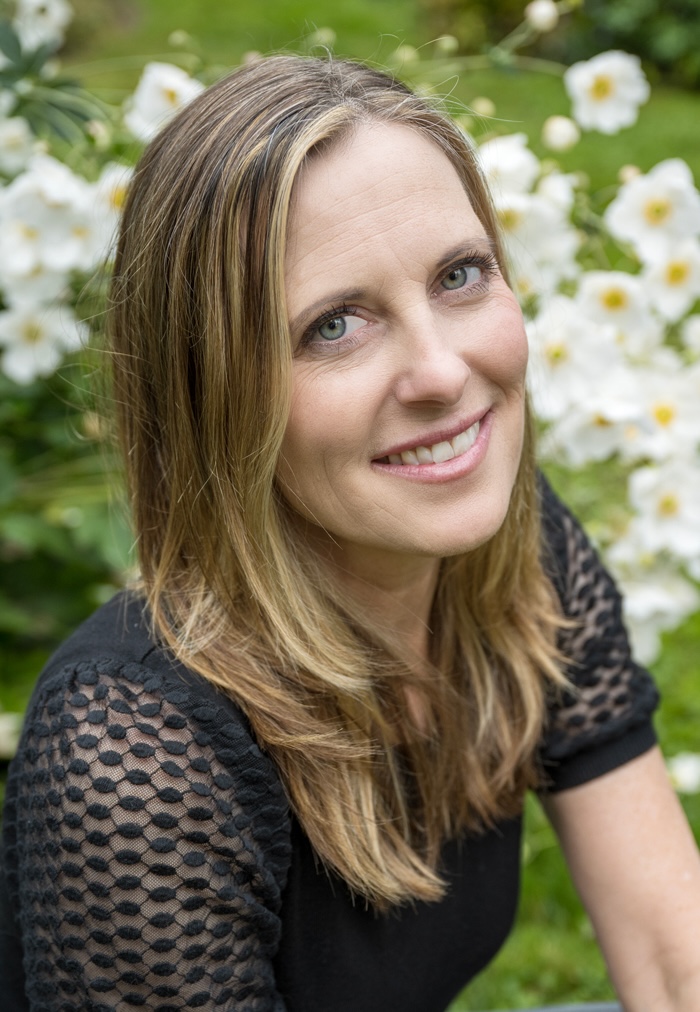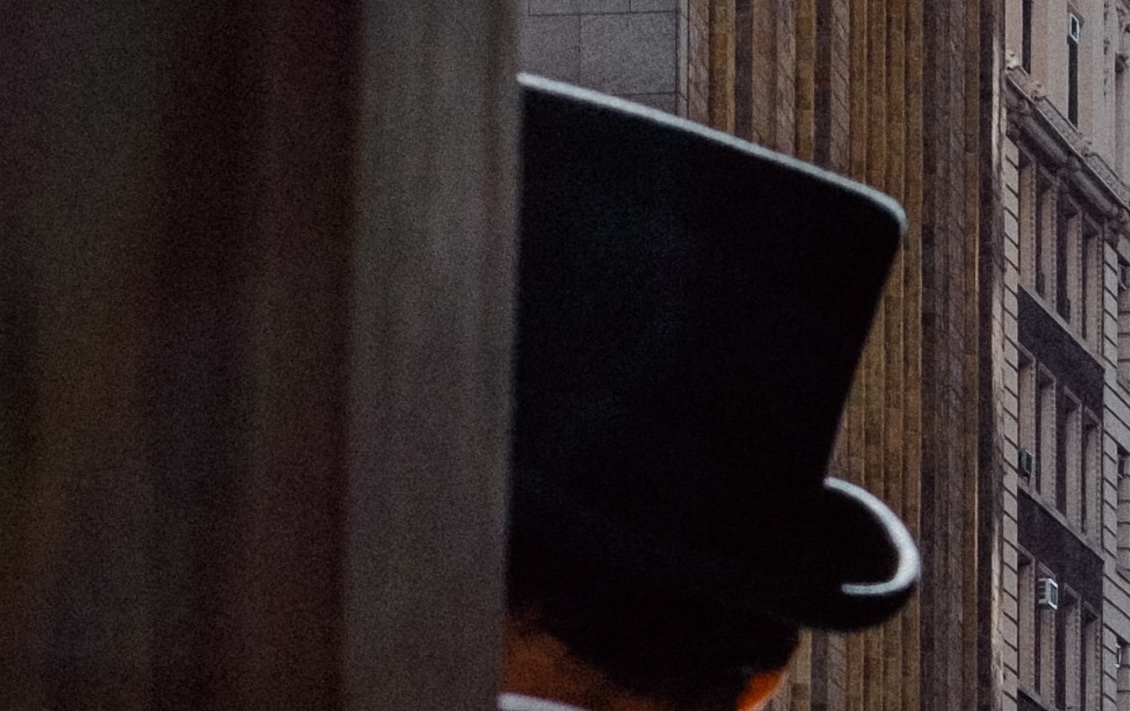By Sara Easterly
As an adoptee-author whose work involves explaining behaviors to people who often misunderstand us, I love a good backstory. Gregory Maguire’s Wicked enchanted me, and an interest in understanding the developmental journeys for Darth Vader, Voldemort, and The Grinch led me to watching, with great anticipation, their longer character arcs unfold in various Hollywood adaptations. Even in fantasy literature and films, it’s engaging to ask questions like those posed by Oprah Winfrey and Bruce D. Perry in their bestselling book on trauma, What Happened to You?, to empathize with iconic characters’ early-in-life wounding and see them as well-rounded, hurting humans on a hero’s journey rather than one-dimensional figures used to propel the plot forward.
For these reasons, I was particularly excited to catch Warner Bros. Pictures’ Wonka and consider the mysterious chocolatier and his inner circle in new ways. Even though I enjoyed the film, I left the theater with more questions than answers and more frustration than sentimentality. That’s because, as is common in holiday stories ranging from Dickens to Hallmark creations, Wonka employed the orphan trope, along with a stereotypical happy ending with a mother-and-long-lost-child reunion—both of which lacked substance and depth.
In the movie, “Noodle” is a young orphan who befriends Willy Wonka while they’re held captive by Mrs. Scrubitt in a launderette. Within minutes of Noodle’s on-screen appearance, she’s labeled as suffering from “orphan syndrome.” Having just released Adoption Unfiltered, a book I co-authored in which I write extensively about the lifelong effects of separation trauma, I was interested in whether the movie might explore this further, beyond the insinuation that anyone separated from their parents is broken. I felt a momentary glimmer of hope when Wonka tells Noodle it’s her “orphan syndrome” making her mistrust others. Would we get to see her work through some of her natural emotional struggles? Would we get a sense of her guarded heart softening? But the opportunity to delve deeper into what might be going on for Noodle never came. Somehow, despite losing her parents as an infant, Noodle presents as perfectly adapted, the only emotional residue of orphanhood: yearning for her parents. But where was her anxiety? Her alarm? Her frustration? How could she so readily give her heart to Wonka—and others, without crippling fear that she might lose those she dared to love, as were her formative experiences as an infant? Why didn’t she feel abandoned or deeply rejected by Wonka after he left town without saying goodbye? This isn’t to pathologize Noodle or anyone else separated from their families of origin with “orphan syndrome,” but these are common emotional side effects of unbearable separation due to adoption or infant loss of a mother—left completely unaddressed in Wonka.
While Wonka is the main character, his relationship with Noodle is an important one, so the lack of depth to Noodle’s backstory is striking, making her merely an accessory—as so often happens when orphans or adoptees are presented in mainstream film and literature. That’s because orphans and adoptees are often used as caricature baddies or to serve as touching plot devices—especially when there’s a heartwarming reunion to look forward to in the end.
Wonka doesn’t disappoint in this plot promise, alluded to through the Annie-like locket Noodle wears around her neck and various clues about her origin story. But the film did disappoint by treating the mother-daughter reunification in the shallow way of most on-screen portrayals. As if decades or more time apart doesn’t create any awkwardness at all. As if mother will recognize her grown daughter, even though all the memories she’s held close are of the infant she last saw. As if daughter is comfortable with a mother she’s not seen since infancy—who, despite a genetic connection and meaningful in-utero bonding, feels like a stranger—suddenly intimately embracing and kissing her. As if they can reclaim all those lost years and pick up as if they hadn’t happened. Spoiler alert from experiencing my own reunion and listening to over a thousand adoptee stories in the Adoptee Voices writing groups I run: they can’t. Years and years of missed “firsts” and an evolution of personality unfolding separately for both mother and child can never be replicated or fully repaired. For this reason, reunion often comes with a heavy dose of disappointment and grief for all parties—made all the worse when films such as Wonka set up lofty expectations that cannot be matched.
Please, stop using those of us separated from our first families as plot devices. Just like anyone else, we’re complex humans with a nuanced life story and struggles. Unrealistic cultural stories further marginalize us and cause significant damage to our emotional health by perpetuating myths that we’re merely means to an end, that later-in-life reunion is all it takes to erase our life’s losses. Our stories deserve to be portrayed with depth and care because we’re anything but one-dimensional. We’re not the golden ticket for a movie’s happy ending. Our backstories matter, too.

Sara Easterly is an award-winning author of essays and books that include her spiritual memoir, Searching for Mom (Heart Voices, 2019), and her forthcoming book, Adoption Unfiltered: Revelations from Adoptees, Birth Parents, Adoptive Parents, and Allies (Rowman & Littlefield, 2024). She is the founder of Adoptee Voices and is a trained course facilitator with the Neufeld Institute.


2 comments
Spot on. Thank you for hard work.
Thanks Sara! I always enjoy your insight and writing. It’s hard to escape the tropes. We are real people. It’s such a breath of fresh air when someone gets it right, even if it isn’t the most positive portrayal… if it rings true, I can swallow it better than just some magical orphan.